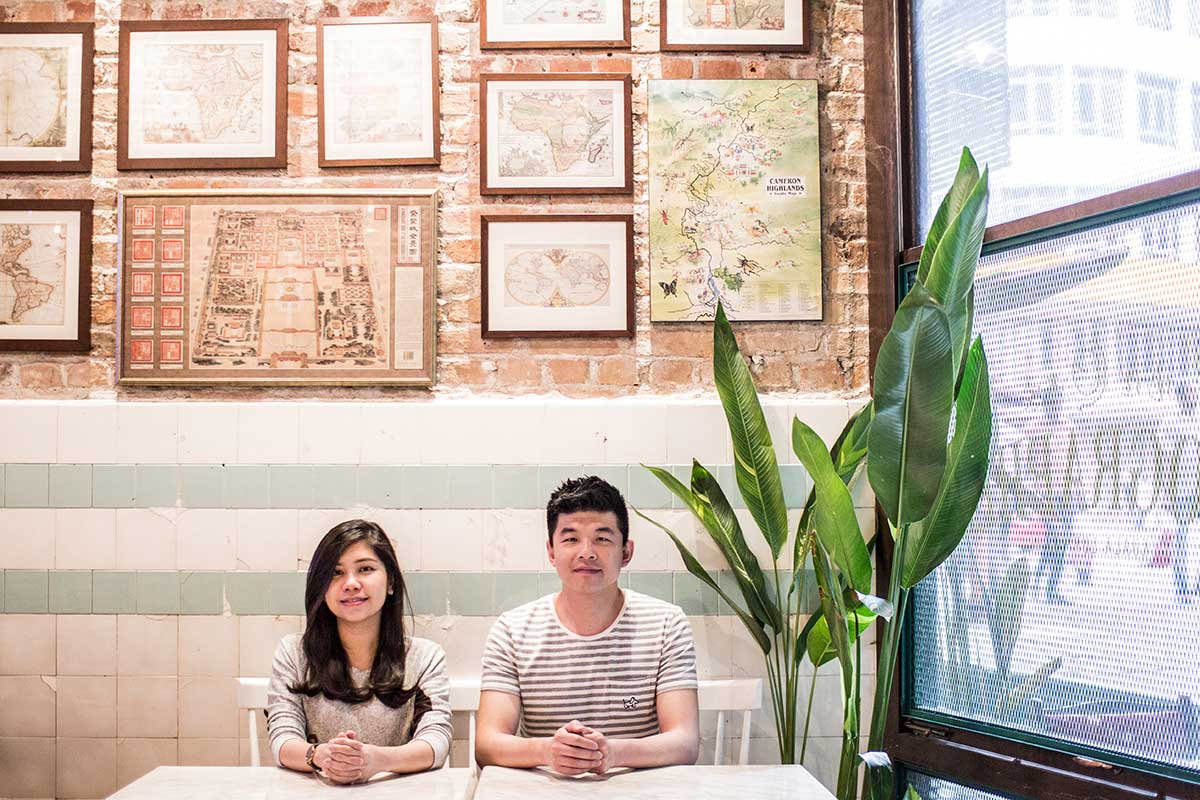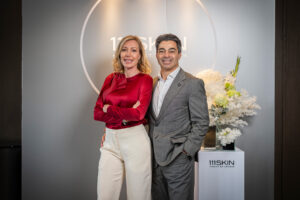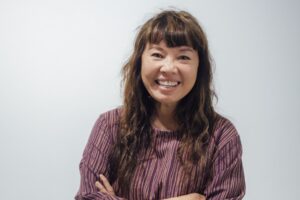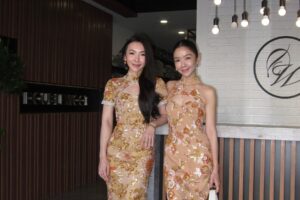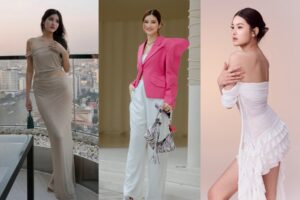Founded in March last year, the social enterprise aims to promote and develop high EQ beginning at the roots – by empowering children through art and education.
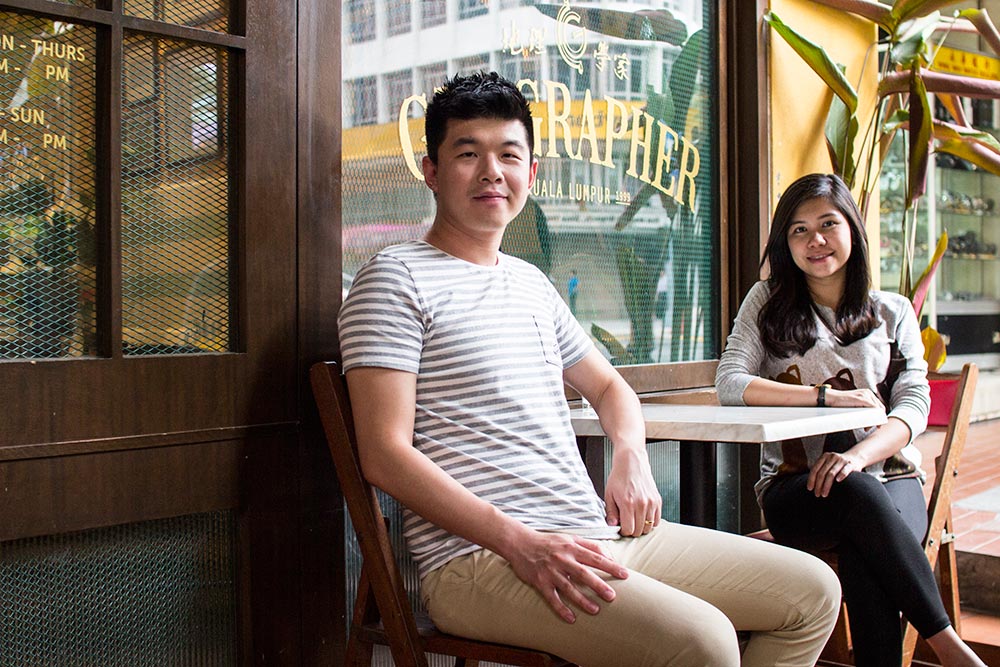
In a dog-eat-dog world where resources are limited, stakes are high, and every day or week presents a new set of problems, one question arises: how do you cope with it all? There are problems that cannot be overcome with high intellect; circumstances that remind us all that we’re only human. What sees us through, then, is not a question of mental aptitude, but emotional intelligence.
This is precisely what Hany Cheng and Ivan Eng learnt throughout their course of life, and what prodded the young couple to come up with a solution.
“Nowadays, people are so stressed up because they can’t regulate their feelings properly,” Ivan reflects on his observations. “People are committing suicide and committing crimes, and we believe this is because they are not able to channel their emotions the right way.”
“We want to create a high emotional intelligence community so KL, Malaysia and hopefully the world will be a better place to live in.”
How do they plan on achieving that? The answer: Havan Clothing.
Founded in March last year, the social enterprise aims to promote and develop high EQ beginning at the roots – by empowering children through art and education. Here’s how they arrived at this solution.
It starts with education
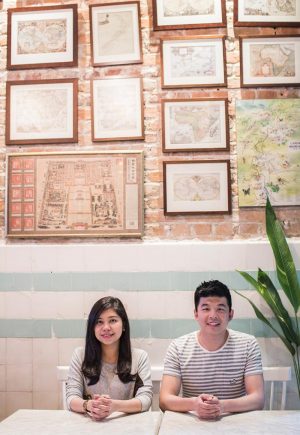
Before venturing into entrepreneurship, Hany was a counsellor in a university. In 2016, she quit her full-time job to pursue a PhD.
“When I was working in university, the students are made compulsory to attend soft skills classes like leadership class, stress management, communication skills – and they expect you to learn that in three to four hours,” she says with a tone of disbelief. “I feel that there is a gap in our education system. All these things should be taught since young.”
“What I realised is that I shouldn’t wait until my clients come to me with a problem, I can do something for prevention, which is through education.”
That insight led her to develop an EQ programme based on her knowledge in psychology and the experiential activities from her one-on-one counselling sessions.
“When you want to work with abandoned children who live in shelter homes, touch-and-go is just not right; it’s another form of abandonment as well.” – Hany Cheng
Around the same time, Ivan, who worked in corporate finance, was involved in his company’s CSR project at Hiichiikok Foundation, a shelter home in Sentul, Kuala Lumpur. It entailed a one-off Christmas celebration with the children, to which Hany highlighted her concerns.
“When you want to work with abandoned children who live in shelter homes, touch-and-go is just not right; it’s another form of abandonment as well. You’re giving them hope, but you’re not going back again – it’s exactly what they have been experiencing in their own lives,” she says.
When Ivan’s feedback to his company for a long-term partnership with the shelter home wasn’t met with swift action, she decided to take matters into her own hands. After presenting her idea to Hiichiikok Foundation’s management, she was told, to her surprise, to start immediately.
In hindsight, the situation was probably a blessing in disguise, giving her the opportunity to test the efficacy of her EQ programme. The next four months she spent with the children, aged seven to 12, produced positive results.
Initially, many of them showed signs of reservation, low self-esteem and the fear of making mistakes. Towards the end of the programme, they were much more expressive, participative and confident.
“After that, I told him that I really wish to continue because like I said, consistency is so important,” she recalls of her discussion with Ivan. “He said if you really believe in this, if you really want to stay on and work with the kids, you need to make it sustainable; you cannot do it alone. I agreed.”
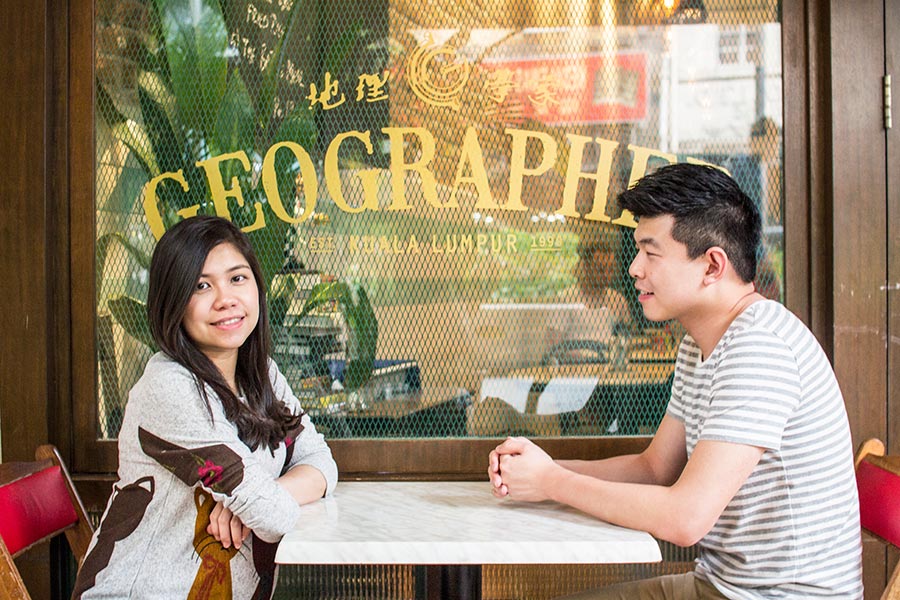
When passion meets sustainability
As with every other young couple, they had bills to pay and commitments to manage. To make ends meet and give Hany the opportunity to realise her vision, they had to find middle ground.
“From there, we figured maybe business can solve problems, so we wanted to come up with a business model that can sustain our giving. While we were looking through the children’s artwork, the idea of printing them on T-shirts just came to me randomly,” Ivan shares.
“I thought it would be very cool to print the kids’ artworks on T-shirts and sell them to adults because we want adults to empower the children, and when children are empowered, it really helps them become better.”
“I want to do something that will make an impact too. I want to help someone. I want a job that will help change people’s lives.” – Ivan Eng
With that idea, they began searching for the right fabrics and suppliers, learning web design and Photoshop, and setting the groundwork to turn it into reality. Just three months later, their first product – ‘The Cat’, designed by 7-year-old Alagan – was launched on their website.
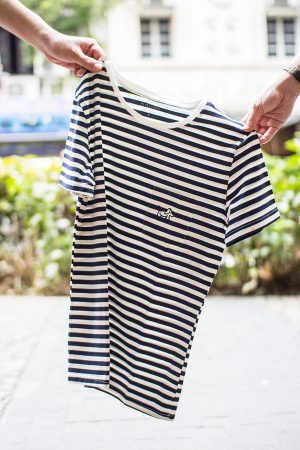
Every product thereafter includes a brief description of the child who drew its design, along with a detailed breakdown of the pricing in keeping with their transparency policy.
“Right now, about 15% of our sales benefit the children, but this is still an experimental stage. We’re not seasoned entrepreneurs, so we are still in the phase of trial and error. We’re constantly improving ourselves along the way,” he confesses.
This percentage goes towards four main initiatives: hiring teachers, developing the EQ programme, buying stationeries for the children and funding their field trips.
Look good, feel good, do good
On whether he shares Hany’s dedication towards children, Ivan candidly replies, “I’m not sure if I’m really passionate about kids, but I’m really passionate about work that will somehow make an impact on others – whether it’s kids, senior citizens, pets or underprivileged people.”
“When I was working in the corporate world, she would always tell me about her experiences as a counsellor and how she helped her students feel better; but all I could tell her was how I made the company’s percentages go up or down,” he elaborates, adding that he had felt a tinge of jealousy.
“I want to do something that will make an impact too. I want to help someone. I want a job that will help change people’s lives.”
Today, he can proudly say that he is making a difference in the lives of children at Hiichiiko Foundation, with the bonus of achieving it alongside his wife. But that’s not the end of the story, as the couple’s long-term vision is to start a school of their own – named Havan School, of course.
“We want to teach our programme to as many children as possible and eventually, we hope to start a school where we teach EQ as the foundation for all children. It’s not only for underprivileged children; I think all children need to be exposed to EQ learning as well,” Hany divulges.
“For now, we want our customers to look good, feel good and do good because each purchase (do good) empowers the children (feel good) who designed the clothing they buy from us (look good),” Ivan sums it up with a smile.
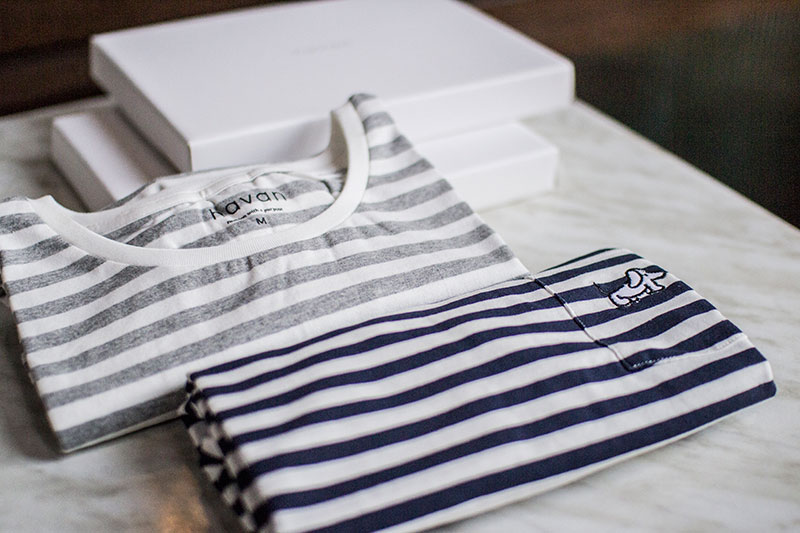
To purchase Havan Clothing’s products, log on to their website at havanclothing.com. Follow them on Facebook and Instagram for more updates.
Photography: Gan Yew Chin




